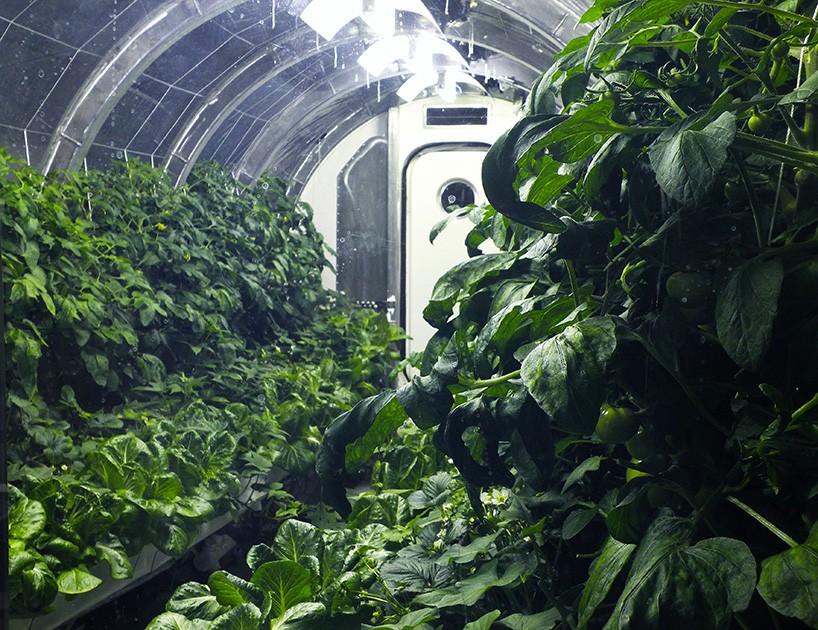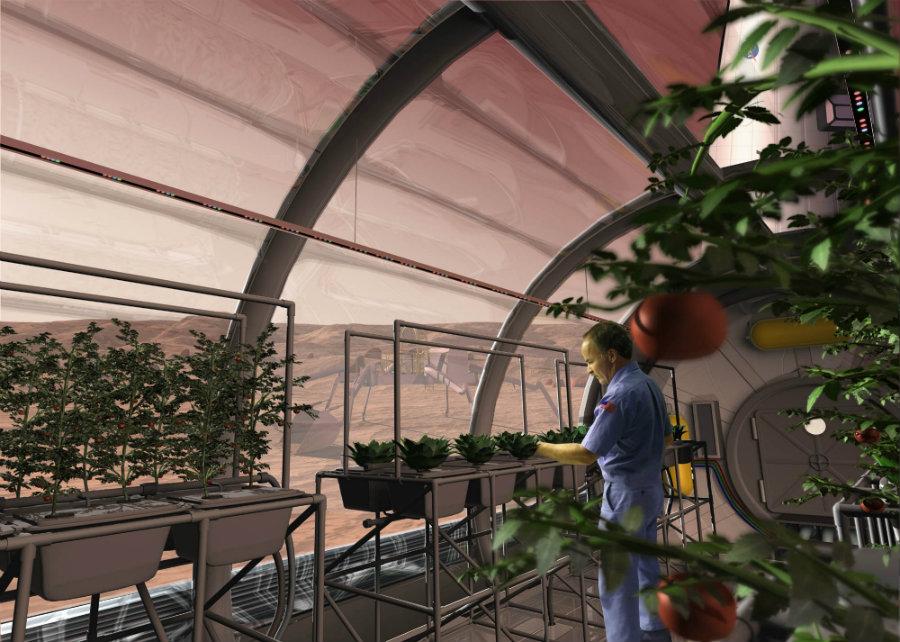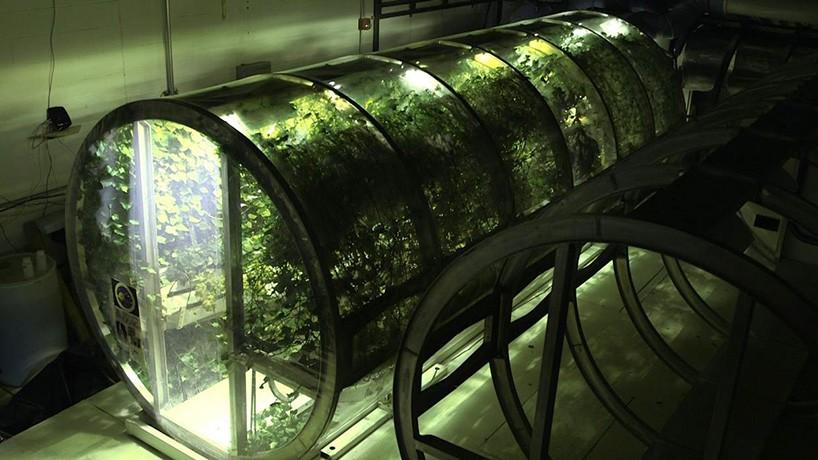NASA Develops Inflatable Greenhouse To Grow Food On Mars
NASA’s newest project with researchers from the agriculture department at The University of Arizona could be a defining development in the way astronauts are able to sustain themselves on a vegetarian diet while working in deep space.
Updated May 30 2019, 3:47 p.m. ET

Mars could soon become a realistic planet to grow plants and fresh food. Scientists and researchers at the University of Arizona have discovered a way to have inflatable greenhouses in space. This could lead to further and longer explorations on potential new territory on other planets.
The basic necessities for fueling these greenhouses in space are the requirements of water and carbon dioxide. Mars has a little over 95 percent of CO2 in their atmosphere. However, with it being much thinner than Earth, the plants will be getting a supplement of it from what the astronauts release. That thin atmosphere has also caused water to be frozen on the surface. The ice would have to be melted, or scientists might be able to find water deeper in the planet’s surface.

In the same vein, greenhouses likely wouldn’t last on Mars’ surface. Earth’s atmosphere is able to protect plants when they grow, and Mars doesn’t have that same capability. Therefore, these greenhouses would need to be stored in protective environments and there would need to be ability to constantly deliver light to these plants. They would likely be built underground and LED lighting would give them the opportunity to mimic sunlight.
Despite Mars’ atmosphere being well below the optimal conditions for growing plants and food, these greenhouses will attempt to copy exactly how they’re grown on Earth. NASA built its first-ever prototype of the Mars greenhouses back in the fall of 2015. Some of the questions they had back then they’re still trying to figure out.

Would there be enough water on the planet for both human consumption and plant growth? If astronauts are able to find more water deeper in the planet, there’s certainly a possibility. What type of plants and other crops should be grown in these greenhouses? Could there be potential issues when it comes to balancing out human life and the amount of plants needed for fresh oxygen and food? While there’s plenty to ponder, the ability to create inflatable greenhouses years later could provide an abundance of growth on Mars.
Building greenhouses were not the first attempt that astronauts and scientists had at growing fresh food in space. Back in 2014, NASA created the “Veggie” plant growth system with success, spawning fresh romaine lettuce that was ready to eat. The greenhouses on Mars would be an expansion of this project, giving astronauts more areas to grow plants. It also creates a more automatic and natural process of farming.

Astronaut Peggy Whitson continues to break records in space. She distributed the first-ever 4K live stream from her ship, which came just a few days after spending 534 days in space. That mark on April 24th broke the record for most cumulative days in space. With the potential to harvest fresh food on Mars, this would create a potential for scientists and other astronauts to do long stints of researching and it would make the planet that much more inhabitable.